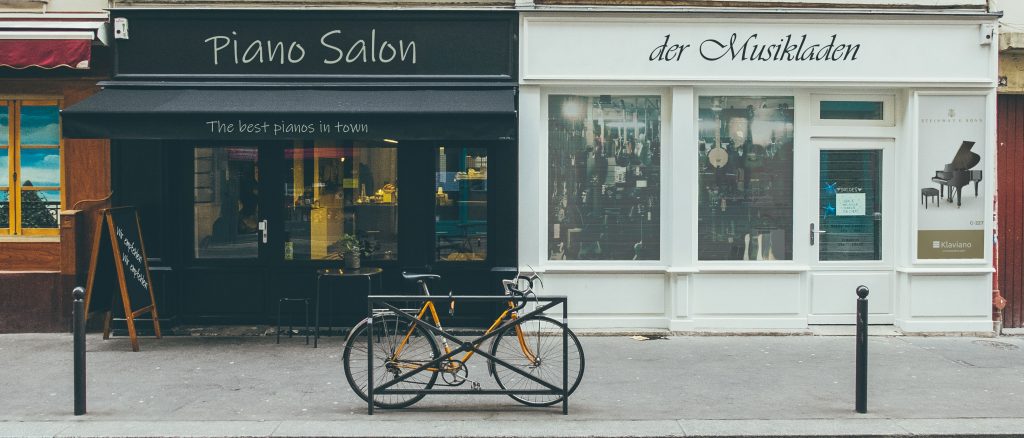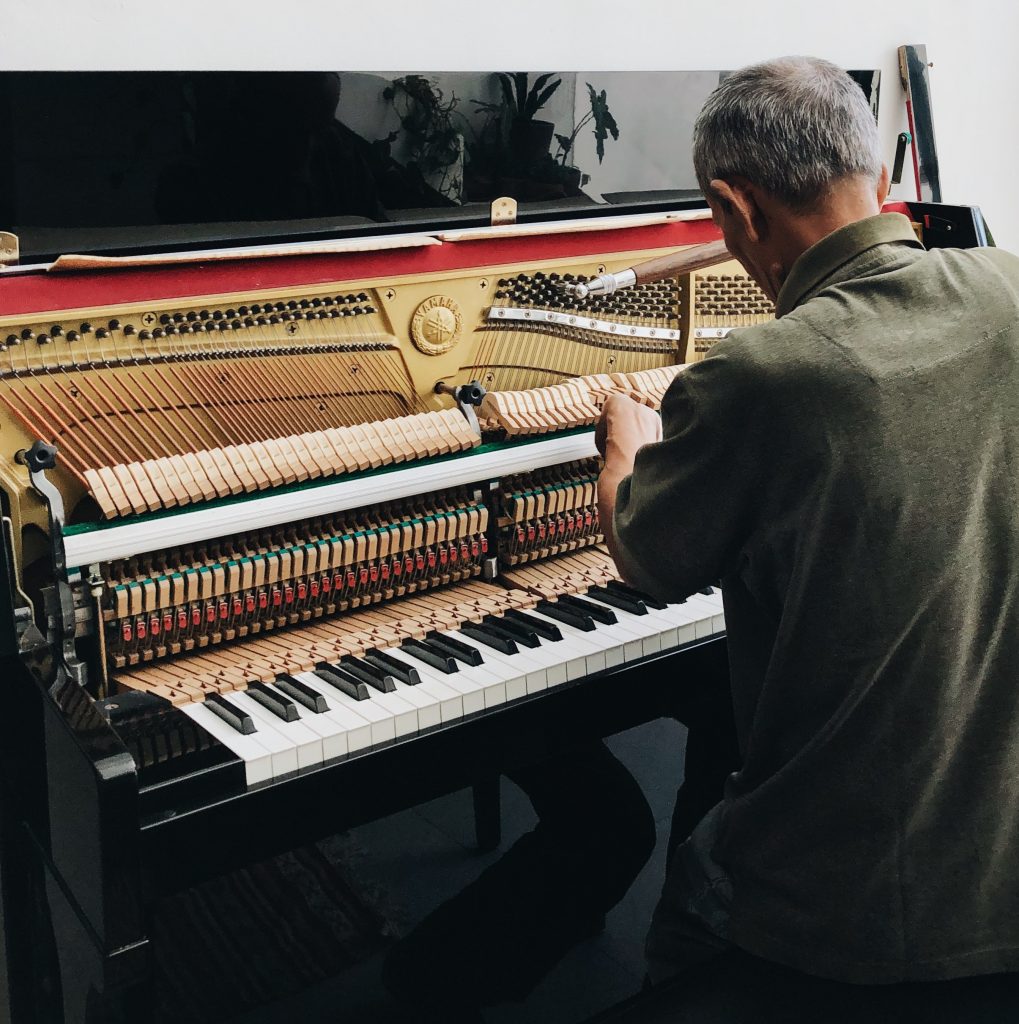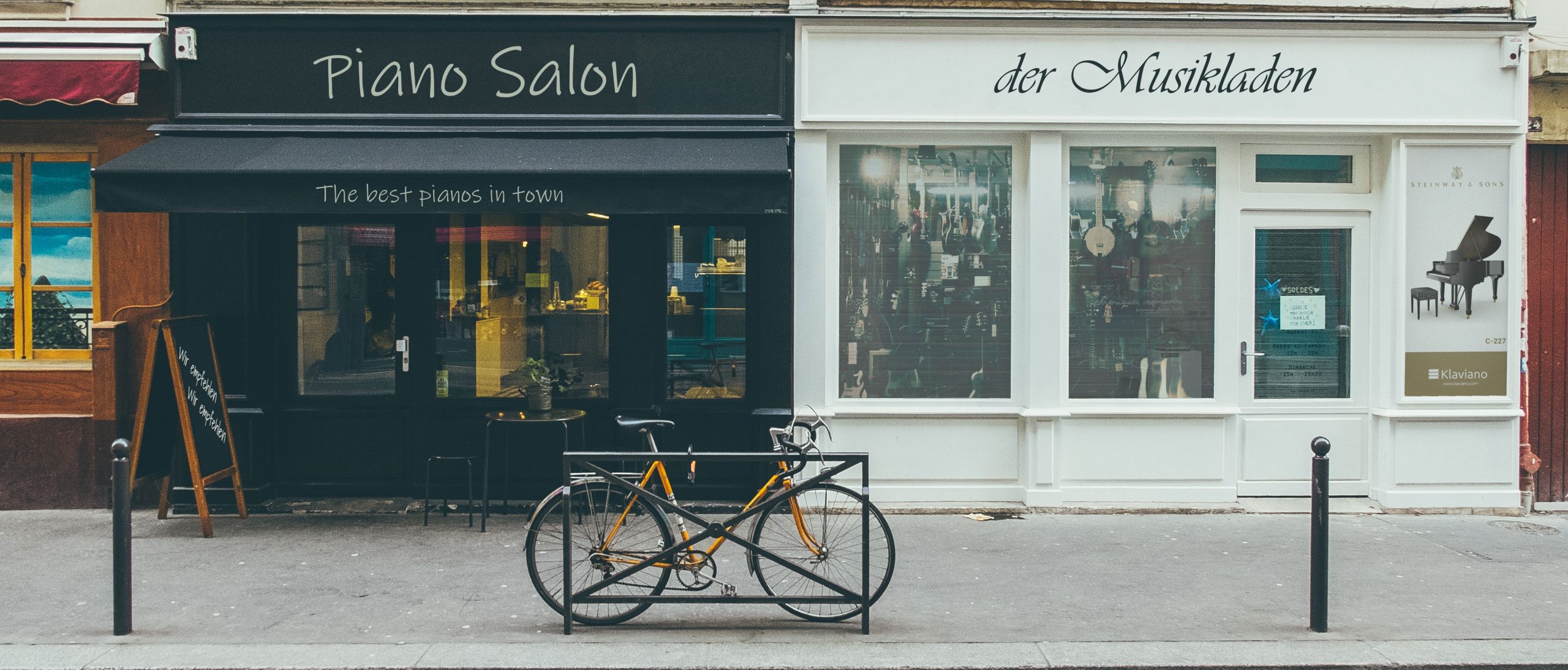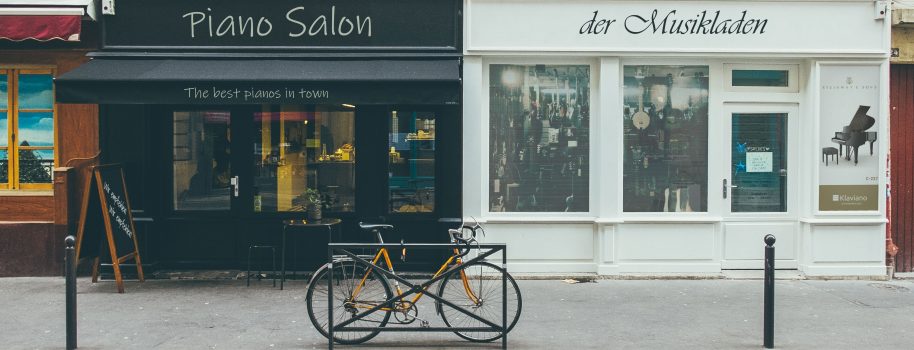The right communication and approach are key to persuading a customer to accept the price of a piano or grand without haggling. As a seasoned salesman, you probably know this very well. However, sometimes there are quite specific customers. They are interested in buying a piano or a grand piano and visit your piano showroom, but they are the type of ‘hard negotiators’ who ‘have to’ buy cheaper. Here are some strategies that can help you in the process of communicating with them.
Well-considered pricing
Make sure that the price you offer is justified by the quality of the piano and market standards. To this end, when determining the price of a used piano, you can compare the prices of similar pianos of the same brand, similar in age on trustworthy sites. E.g. offered by your colleagues in the industry on a classifieds portal such as Klaviano.com. We know that many professional dealers use our portal for this very function, and they very much appreciate this possibility.

If you present the customer with arguments as to why a particular price is right. This will certainly convince him or her of the value of the piano you are offering, and curb the urge to negotiate the price further.
Establish customer priorities
Find out what the customer expects from the pianos. If you understand that the piano meets their specific needs or goals, they may be more willing to accept the price. It is your own conviction that will influence your attitude towards the customer. If you are certain about the fact that an instrument is a perfect fit for your customer’s needs, you will easily justify the price.
Customer education and benefit presentation
Explain to the client why the value of this particular piano is higher than other, cheaper options they may have found online. Highlight features such as finishing materials, sound quality, manufacturer reputation and durability. Compared to a private seller, expertise, gained through study and professional work, is your big advantage. Focus on what benefits the customer will gain by investing in a particular piano. This could be the unique sound, the pleasure of playing or the fact that it is a long-term investment. You need to properly introduce him to the idea that the piano is basically already his property. Then he will decide to buy it much faster.
Demonstration of the sound and history of the piano
It is one thing to see an advert for the pianos you offer, and another to experience their qualities in practice. So don’t delay in arranging a personal visit, and invite the customer to experience how unique the sound of this particular piano is. Carefully present the piano, its features and advantages. Impressions of the sound quality can help convince the customer that the higher price is worth paying. If the piano additionally has an interesting history or comes from a reputable manufacturer, be sure to share this information with the customer. This will also add value to it and influence its value in the eyes of the customer. How much can it be worth to own a piano that was once played by a famous pianist, pop star or ruler of a country? This definitely adds to the prestige, and closes the door to negotiating the price.
Warranty and after-sales service
The option of a guarantee is a very important aspect for the customer that private advertisers do not offer, it is an extra point on your list of arguments. The guarantee is the customer’s peace of mind. Considering how much he or she spends on buying a piano and how difficult it is sometimes to find a suitable professional who can repair it. Assure the customer of the quality of your after-sales service, as well as servicing the piano in case of any future breakdowns. This will show that you care about customer satisfaction even after the purchase.

To conclude already, if the customer still shows resistance to the price, you might consider offering additional services (e.g. piano tuning, transport) or accessories (e.g. piano bench, cover) in one price. This will make the customer feel that they are getting much more and for one price. As a professional and confident salesperson, remember that if the customer is convinced by your person. This will also make them believe that the piano you are offering is worth the price. Remember that some customers may try to negotiate the price out of character, so it is important that you are prepared to respond to this kind of response. Ultimately, the key is to understand the customer, demonstrate value and build trust in you as a salesperson, specialist and future custodian of the piano purchased from your piano showroom.


